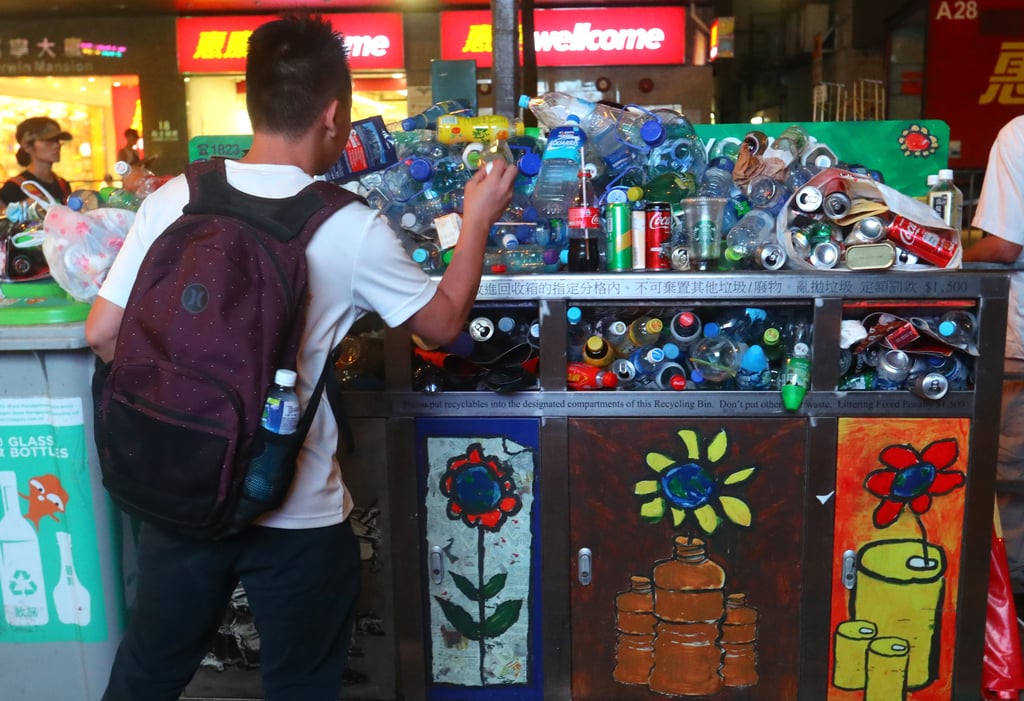Advertisement
The View | Climate change: businesses’ hot air over sustainability obscures lack of real progress
- Corporate pledges of sustainability and net zero emissions might sound convincing, but the evidence shows they provide little substantive progress
- The climate crisis is now too far gone to entertain disingenuous slogans without robust and critical debate
Reading Time:4 minutes
Why you can trust SCMP
1

The ReThink HK conference last week was Hong Kong’s biggest business event for sustainable development. Many of the more than 500 speakers made reference to the recent flooding, further highlighting a changing climate and the need to reduce carbon emissions.
Juxtaposed with extreme weather – of which there is no shortage this year – corporate ESG and sustainability-related commitments might sound more convincing. However, the fact we are so easily convinced, and that the business narrative on sustainability is so dominant, is a growing part of the problem we need to better understand.
Scientists are clear that rising temperatures are causing extreme weather. The urgent need to reduce greenhouse gas emissions was reinforced again in the United Nations’ global stocktake, released recently, which indicates how far we still have to go to meet global targets. It does not follow that corporate sustainability initiatives will help get us there.
Advertisement
The largest companies collectively produce about 10 per cent of anthropogenic greenhouse gas emissions. Their supply chains could account for another 50 per cent. Efforts to monitor and reduce these emissions, while important, wrongly assume we can continue producing and consuming as usual – and as much stuff as companies can sell – while merely lowering the carbon intensity of business activity.
This corporate perspective on sustainability is out of touch with, or flatly ignores, physical limits which are also in the news as scientists have confirmed humans have crossed six out of nine planetary boundaries. As just one example, Danone could use 100 per cent recycled material in every plastic water bottle it sells – in 2021 it was 11 per cent – yet by continually increasing sales volume, it would not be sustainable. It would just be using recycled plastic.

Renewable energy is also commonly invoked while ignoring that fossil fuels still constitute 82 per cent of global energy use and are sustained by a consuming middle class, which is expected to grow by 700 million people in the next decade. As energy prices fall, we tend to use more.
Advertisement
Select Voice
Select Speed
1.00x
